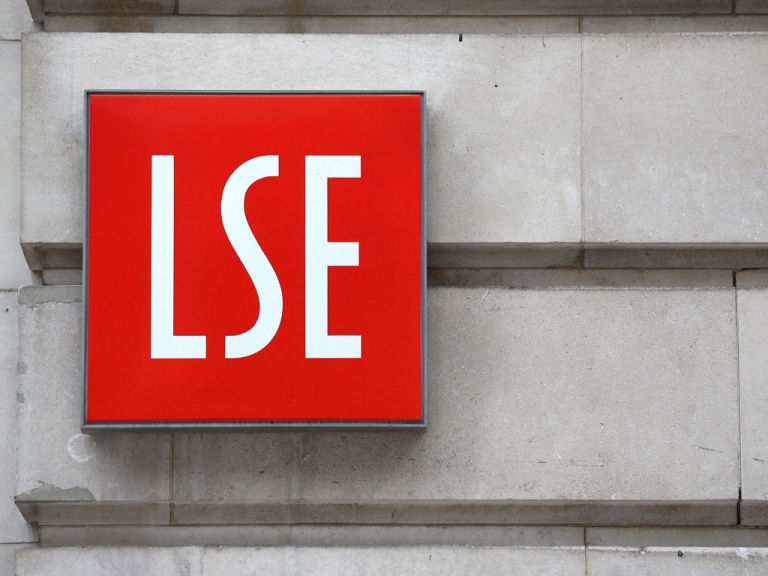‘Zero tolerance’ can be a tempting policy to follow but what does it mean in practice? While ‘zero tolerance’ may aim to deal seriously with unacceptable behaviour, at times it may be used as a ‘get-out’ clause. Snéha Khilay argues that zero tolerance seems to be more about ‘policing’ than ‘managing’ – what are your thoughts?
During a training session, one of my participants, who was a Litter Enforcement Officer, told me that he has to follow a ‘Zero Tolerance’ policy. As soon as he sees someone throw litter on the street, the person concerned is immediately fined £75. The fine is applied irrespective of whether the person apologies profusely (or not) or goes to great lengths to pick up the litter in question.
With the example above, the Zero Tolerance is obvious; someone drops litter, they are fined – no ‘ifs’, no ‘buts’ and certainly no ‘pleases’. Various organisations such as the NHS, schools, colleges and public transport all brand Zero Tolerance as a badge of honour and a mechanism for setting boundaries. But what does this really mean in practice? How would you explain this to, say, Mrs Smith who’s 78 and who asks the question?
Zero Tolerance can only be achieved by knowing where we stand, with a clear direction and ongoing discussions which can be backed up by a moral and ethical code. There are various thoughts about tolerance, for instance that no one should ever know of ‘the tyranny of your heart’, that one should tolerate others’ behaviour as long as it does no harm. However, what are the limits of tolerance? Does one define the concept of harm to include subjective harm? So, from Mrs Smith’s point of view, is there an unwillingness to debate, argue or make a strong point in case it is perceived as harmful? Interestingly, some elderly people may consider themselves to be beyond reprimand in terms of their attitudes to others. Is it worth applying the principles of Zero Tolerance to them?
A colleague told me that, on entering a bus recently, he realised to his dismay that he had lost his monthly, pre-paid bus pass and did not have any change. When he attempted to explain this to the bus driver, the driver’s response was to harangue him publicly, whilst telling him he does not have to put up with the public arguing with him because the bus company has a Zero Tolerance Policy. It seems that the driver was using ‘Zero Tolerance Policy as a ‘get out clause’; an excuse to not listen to a customer whilst undermining him publicly. This example clearly shows how Zero Tolerance of the customer’s reasonable behaviour was perceived as aggression and became an absurdity because ultimately it encouraged further aggression to end it.
Zero Tolerance is about treating others with respect and dignity; but what are the implications for practice? Zero Tolerance means that organisations need to deal seriously with unacceptable behaviour and take appropriate action. As seductive as it may seem, Zero Tolerance is fundamentally about curbing rude, aggressive behaviour and alleviating fear. Although the aim is to tackle unacceptable behaviour firmly, right from the outset, is there too much focus on seemingly trivial, possibly annoying but petty behaviour? Does this approach sap people’s enthusiasm for responding appropriately to unacceptable behaviour? On the other hand, policy advisors advocate that, by dealing with ‘unruly’ behaviour early and promptly, standards of what is or is not acceptable can be set more effectively.
Although Zero Tolerance smacks of policing rather than managing behaviour, within the context of a given situation, it should also be about supporting and guiding individuals towards appropriate behaviour rather than always enforcing this through some form of discipline or sanction. However, the fact remains that there has to be a cut-off point: ‘That’s it. Enough’.
Fundamentally, Zero Tolerance Policy has to be applied with intelligence, common sense and discretion. Spending an inordinate amount of time, energy and money without achieving positive, long term outcomes will turn the concept into a mockery and alienate people in the process. However, it is worth considering that when Zero Tolerance rules are applied to others, we applaud, but when the same rules are applied to us, we consider it unfair.
 Snéha Khilay is a diversity and leadership consultant/trainer. Snéha carries out consultancy and training on Diversity and Inclusion, Managing Diversity and the Law, Cultural Competency, Dignity at Work and Conflict Resolution. Snéha has published articles on diversity and leadership in Management Today, Start Your Business, Simply Business, Professional Manager, Change Board, People and People Management. Visit Snéha’s website at www.bluetuliptraining.co.uk.
Snéha Khilay is a diversity and leadership consultant/trainer. Snéha carries out consultancy and training on Diversity and Inclusion, Managing Diversity and the Law, Cultural Competency, Dignity at Work and Conflict Resolution. Snéha has published articles on diversity and leadership in Management Today, Start Your Business, Simply Business, Professional Manager, Change Board, People and People Management. Visit Snéha’s website at www.bluetuliptraining.co.uk.




An excellent article – clear and practical. To me it rings true with many approaches to equality where there is a lot of emphasis on trying to follow the letter of the law, but forgetting its underlying spirit and purpose. In some sense, it is easier to have rigid and inflexible rules, than to deal with a whole culture and pattern of behaviour which is unfair and unjust. But we must aim to change behaviour and make this change sustainable and lasting to achieve true equality and respect.